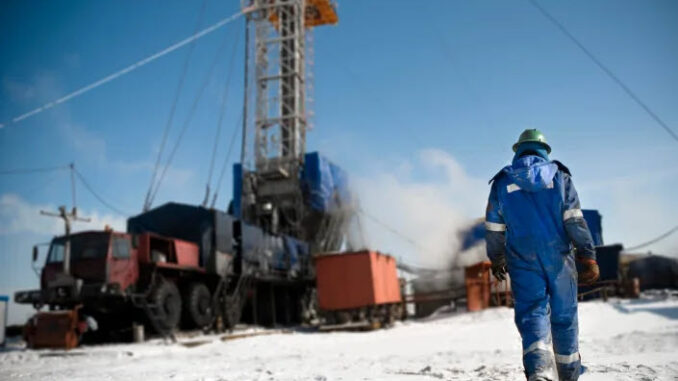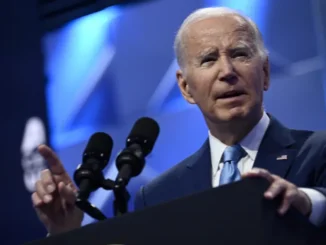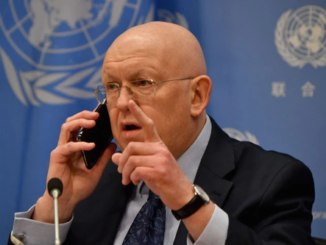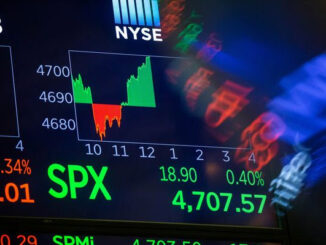
ENB Editors Note: Sanctions don’t work when imposed, and even California and the Eastern Sea Board of the United States have circumvented sanctions to buy cheap oil from Iran for the last 5 years and longer.
- Germany, Italy, and France are among European countries that have been snapping up cheap Russian fuel.
- Their purchases made up almost half of the to $97 billion in revenue Russia got from fuel exports.
- The EU plans to phase out Russian oil imports this year — but not natural gas yet.
Six European buyers accounted for almost half of the revenues Russia banked from its fossil fuel exports in the first 100 days of the war in Ukraine, even as the European Union was outlining a plan to ban imports from the country, according to recent analysis by a Finnish thinktank.
France, Germany, Netherlands, Italy, Poland, and Belgium were the top European buyers of Russian fossil fuel exports, including coal, crude oil, natural gas and oil products on the spot market between March and May, according to according to the Centre for Research on Energy and Clean Air (CREA)
“These purchases take place outside of pre-existing contracts, therefore always representing an active purchase decision,” CREA wrote in its analysis.
European commodity traders have actively shunned Russian cargoes of crude oil and refined products, while most natural gas imports arrive via pipeline and are more difficult to avoid.
In total, those countries shelled out a combined total of $40 billion of the roughly $97 billion Russia pocketed for its fossil fuel exports in that time, CREA said.
Record discounts
Russian oil is cheaper than other grades right now, as Western sanctions and traders avoiding those exports have cut the value of its flagship Urals crude.
A barrel of Urals crude currently trades at a record $30 discount to the global Brent crude benchmark, which stood at about $120 a barrel on Friday, near its highest in a decade.
To that end, sales of cheap Russian oil and gas are expected to hit $285 billion in 2022 — a 20% increase from its profits from oil and gas in 2021, according to Bloomberg Economics. It’s down to Chinese and Indian purchases of Russian oil, which now account for half of Russia’s seaborne oil exports.
And while demand from China has remained consistent, India has ramped up its buying, to the tune of around 800,000 barrels a day, compared to next to nothing as recently as January.
In response, Russian oil production, which many expected to decline in line with demand, has jumped 5% so far in June in response. Average daily oil production, including condensate, reached 1.46 million tonnes through the first 13 days of June, up 68,000 from May, according to Reuters, which cited data from Interfax.
Meanwhile, European countries continued to buy Russian fuel even after EU leaders reached an agreement to cut around 90% of oil imports from Russia by 2022. But it has no plans as yet to stop imports of natural gas.
The EU has typically relied on Russia for about a third of its oil needs and as much as 40% of its natural gas.
CREA’s report showed Germany was the second-largest importer of Russian fuel after China, buying $12.6 billion’s worth, while other major EU importers were the Netherlands, Italy, France, Belgium and Poland. Those six paid a combined $40 billion for a combination of coal, natural gas, crude oil and refined products from February 24, when Russia invaded Ukraine, to early June.
Against this backdrop, it points to show the EU’s continued reliance on Russian fuel despite efforts to reduce its independence on its energy resources. That was only reinforced by Russian President Vladimir Putin who said that the West won’t be able to cut off Russian energy resources over the next couple of years.
Source: Business Insider



